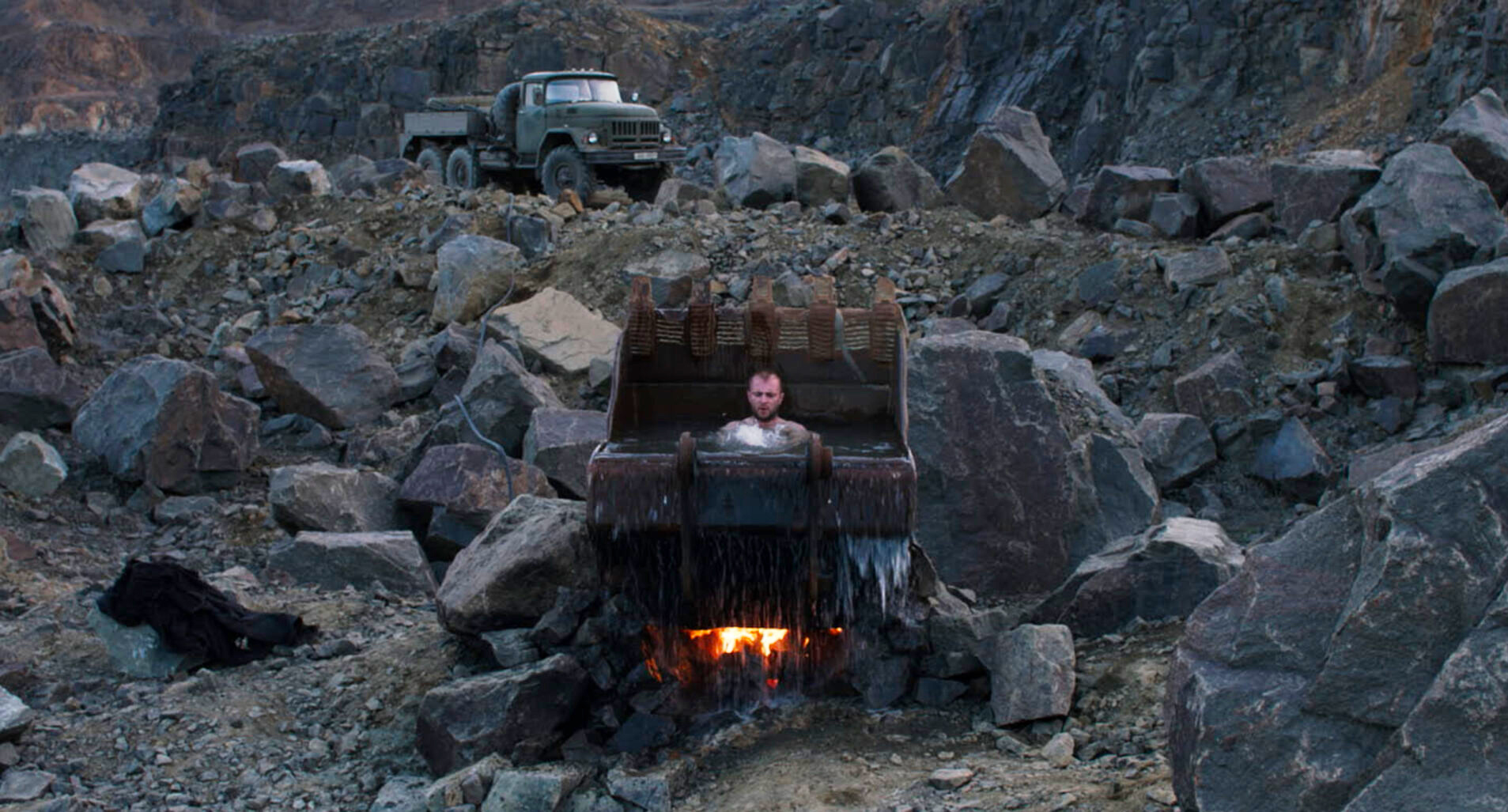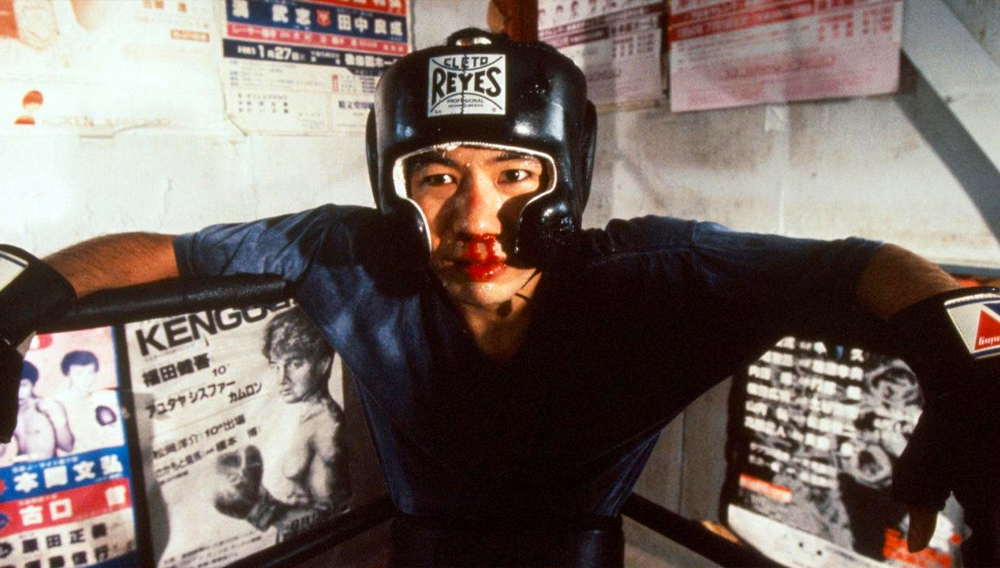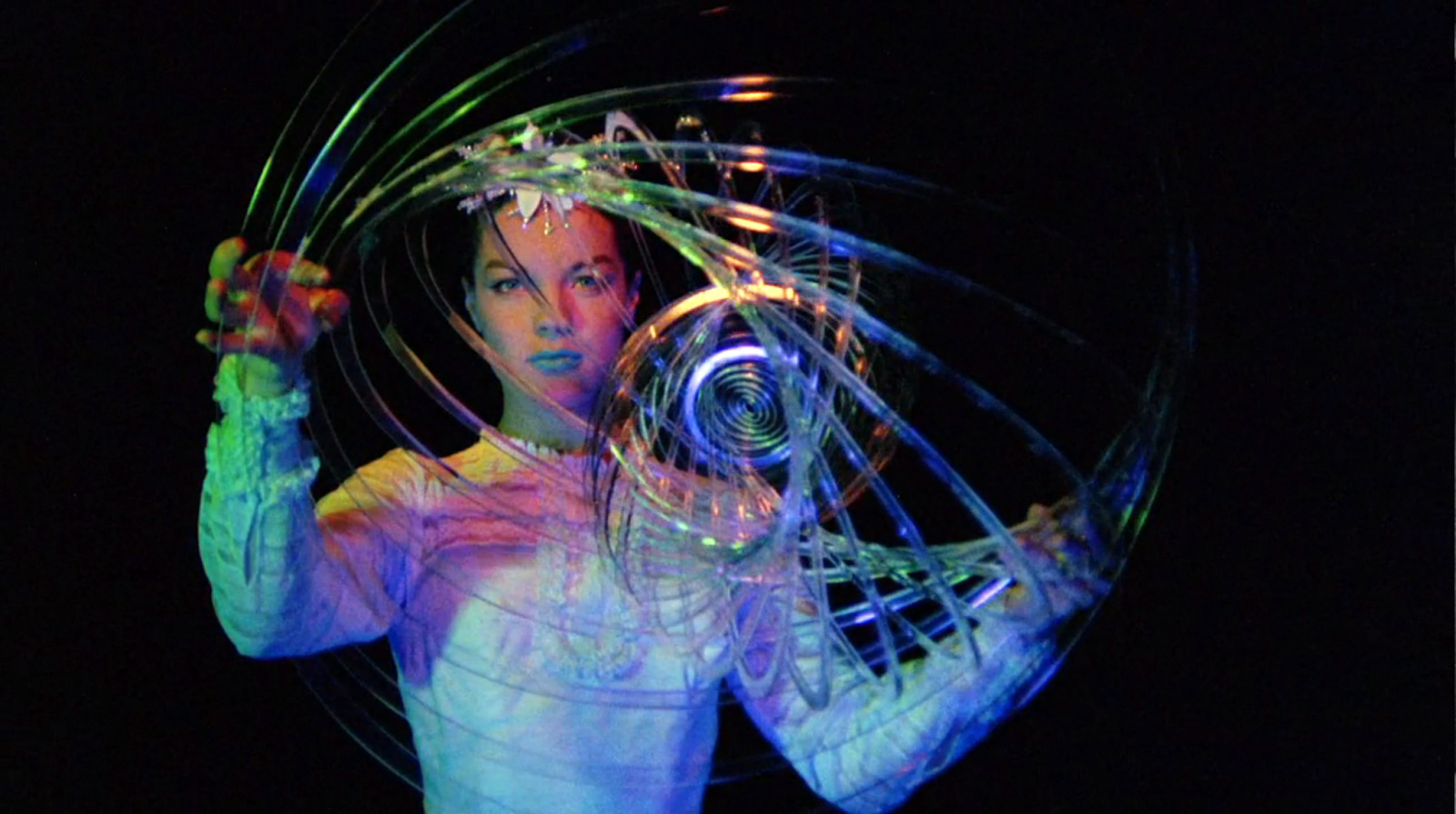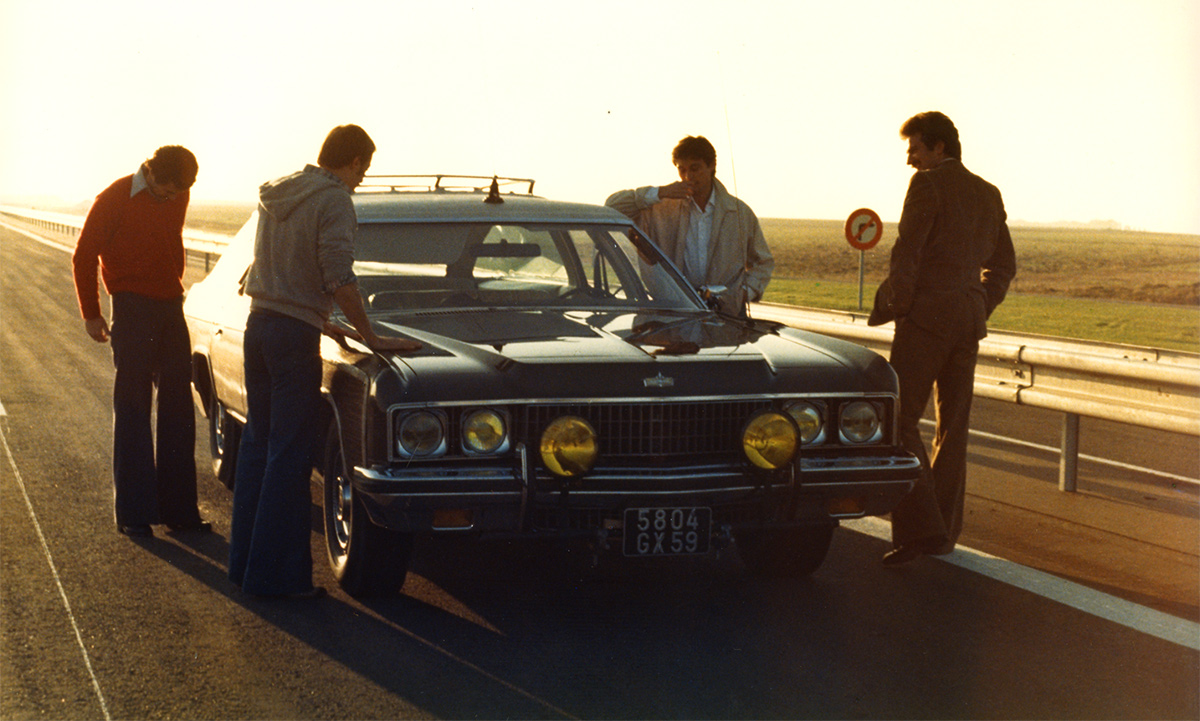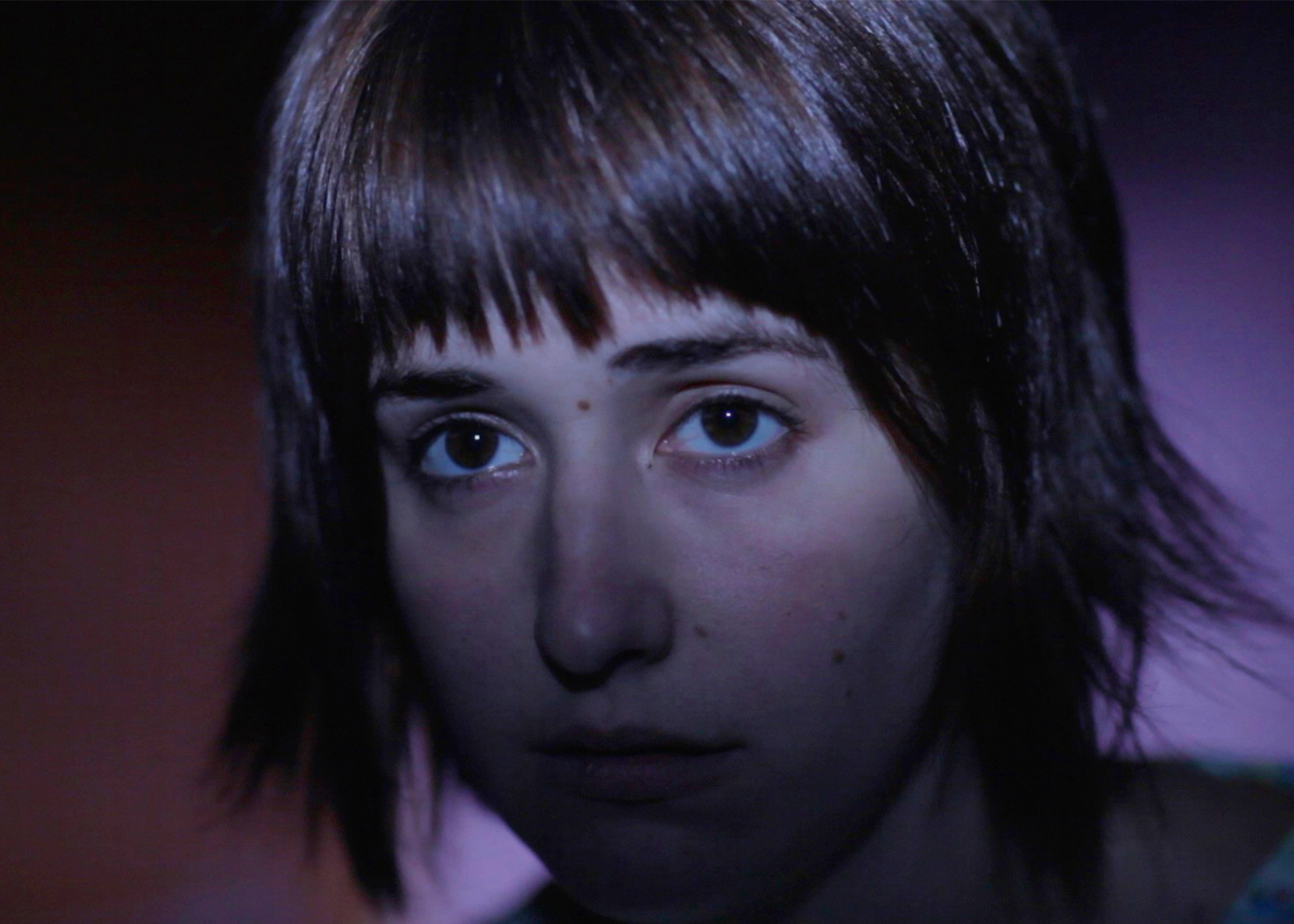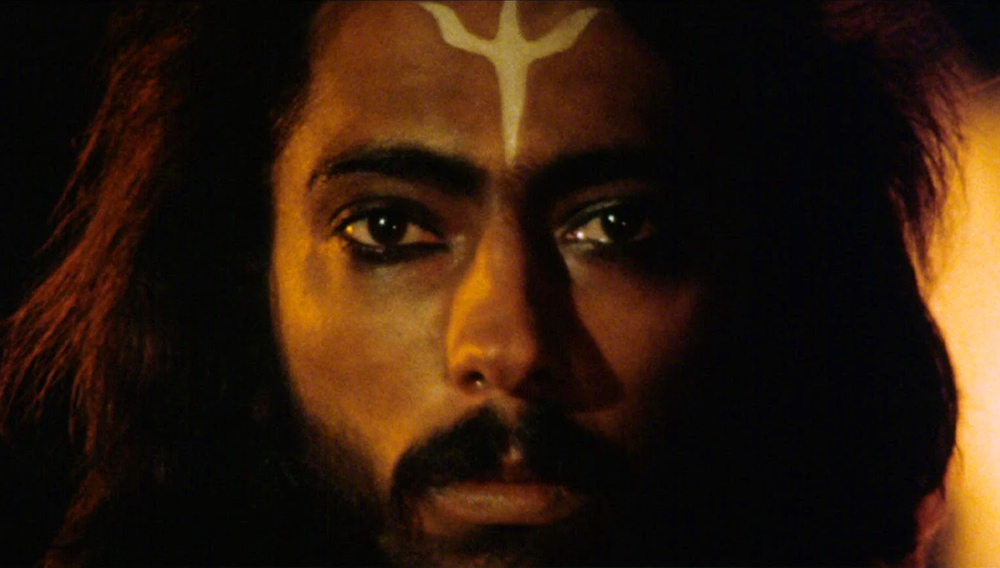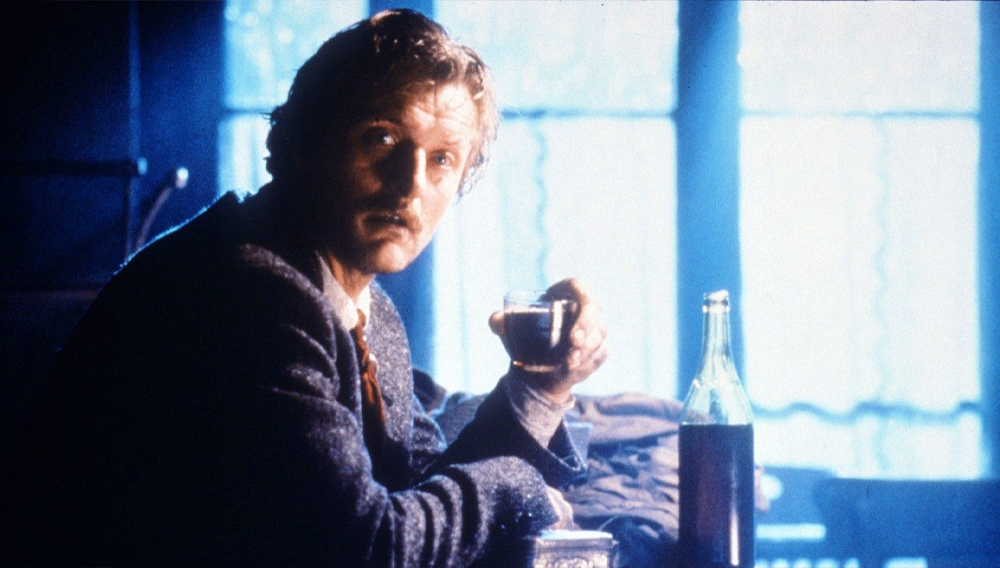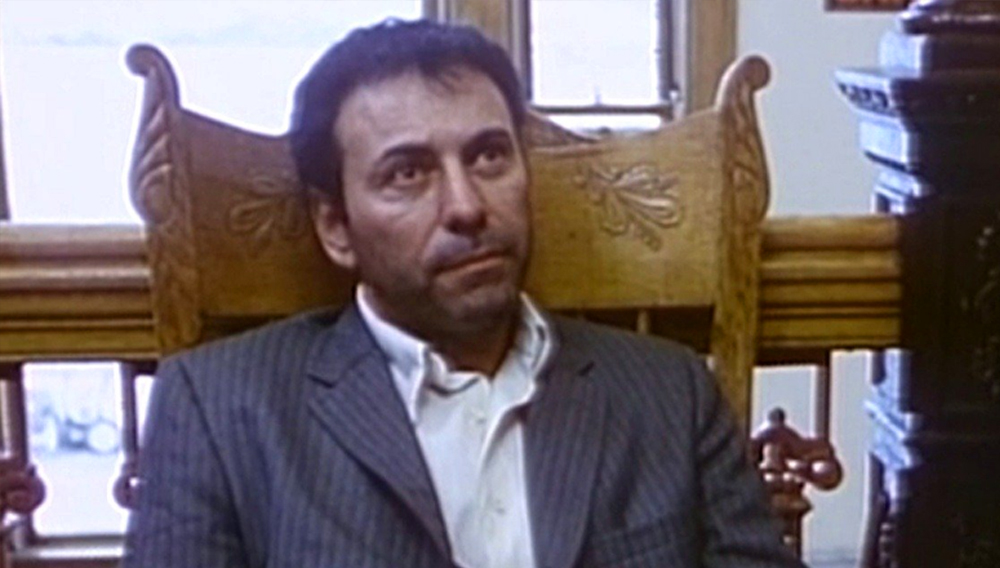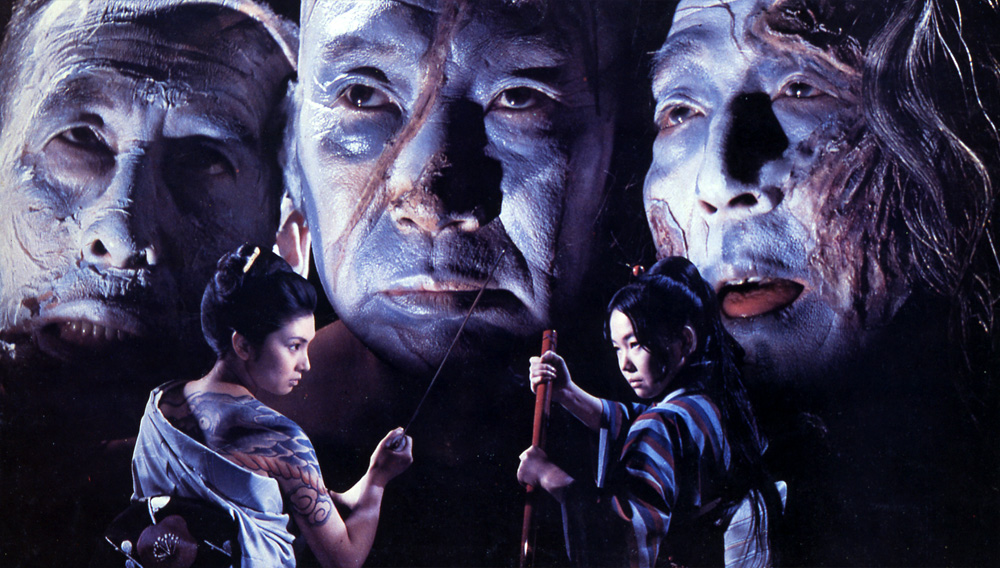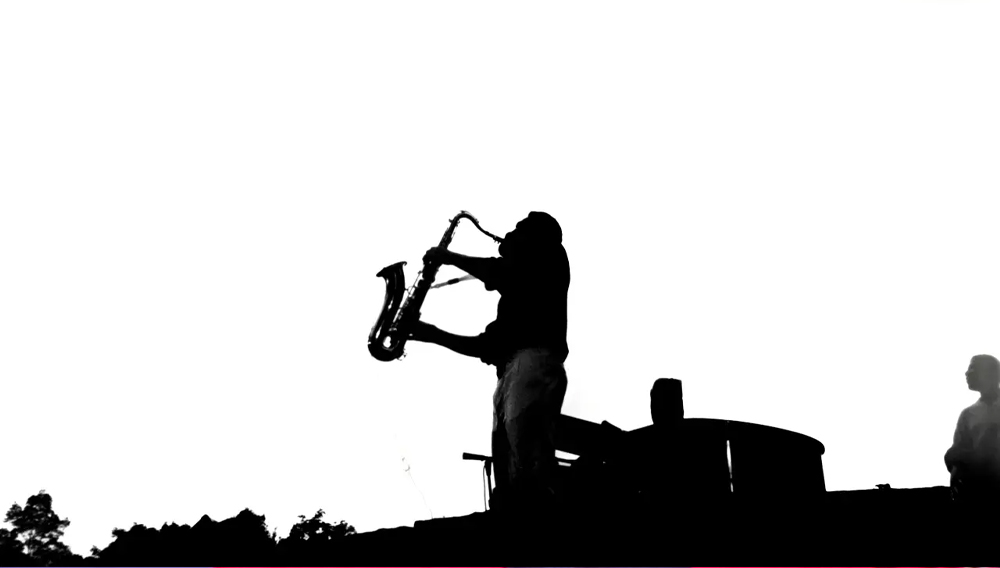
1. Five Books for Every Film Buff’s Shelf. Sight and Sound, the organizers of the world-famous Top Ten Films Poll that they’ve run for nearly 50 years, have now come up with another list: the Top Film Books. The full list will be published in the June issue of S&S as well as on their site, but they’ve already posted – A Biographical Dictionary of Film by David Thomson
– Notes on the Cinematographer by Robert Bresson
– The American Cinema: Directors and Directions 1929-1968 by Andrew Sarris
– Hitchcock by Francois Truffaut
– What is Cinema? by Andre Bazin
Some observations: Two of the top five are written by directors (Bresson, Truffaut), both French. Three of the top five are written by French authors. Collectively they offer a startling variety of approaches to writing about film: Thomson’s highly personalized encyclopedia that displays an awesome breadth and depth of film viewing; Bresson’s poetically spiritual self-help manual of filmmaking; Sarris’ application of a groundbreaking theoretical framework to evaluate dozens of filmmakers; Truffaut’s legendary inteviews with Hitchcock; and Bazin’s landmark inquiry into the metaphysics of cinema. None of them necessarily qualify as leisure reading, but for all the richness of information and film theory found in each, they are all fairly accessible.
How many have you read? What other titles do you think deserve space on the film buff’s most distinguished bookshelf?

Now that half the population seems to be filming the other half at any given moment, now that YouTube uploads 24 hours of new video a minute, how do moving image archivists decide what to save?
I’m thinking about that because I just went to the seventh Orphan Film Symposium, a biennial orgy of watching and discussing neglected, mostly un-copyrighted moving pictures from around the world. Going to Orphans is like standing behind a favorite uncle’s shoulder as he rifles through his old treasures in the attic: Some stuff is purely wonderful, some is strange enough to be fascinating, and some doesn’t interest you nearly as much as it does him.
Nakhnikian goes on to describe fascinating footage of San Francisco pre-1906 Earthquake (when cars were just starting to hit the hilly streets), a Socialist summer camp in the 1930s, and a music video stitched from gay porn movies. Read all about it.
3. All Praise the Cinema of Glorious Leader Kim Jung Il.
He’s everything really. He’s a director, a producer, a financier, a costume maker, set designer, screenwriter, cameraman, sound engineer… and he’s also a film theorist. His masterwork on aesthetics and practice is “On the Art of Cinema” (written and published in the early 1970s). In it he gives himself the humble title, “Genius of the Cinema.” He built an extensive film studio in Pyongyang and when he couldn’t find someone to make his film he did what any self-respecting eternal leader and great president would do… he kidnapped one.
From the introduction of The Vice Guide to Film’s three part video series on North Korean cinema. Part One is embedded below. Links to Parts Two and Three.



